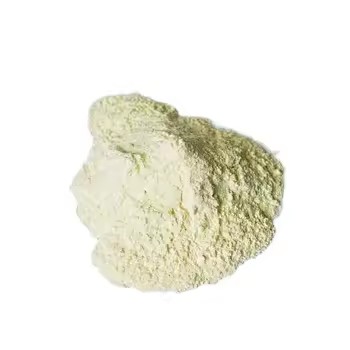-
Make a Call : +86 551 63500087
-
Get A Estimate : sales@gnfchem.com
What Are You Looking For?
What Are You Looking For?
Make a Call : +86 551 63500087
Get A Estimate : sales@gnfchem.com

What is the difference between pea protein and soy protein?
Jun 11, 2025Nutritional Composition
protein and amino-acids
Both are complete proteins and contain 9 essential amino acids, both of which can supplement protein nutrition and increase the intake of essential amino acids. However, there are differences in the specific amino acid content. Pea protein contains more of the 8 essential amino acids than soy protein, and only slightly less tryptophan than soy protein, but the difference is minimal; for the branched-chain amino acids (BCAAs) that fitness people are concerned about, the branched-chain amino acid content of 30 grams of pea protein powder is more than 5.6 grams, compared to less than 5 grams of soy protein, which is why pea protein is much more effective in helping muscle growth and repair. Pea protein contains methionine, which is the most important amino acid in the body, and it is also a good supplement for muscle growth and repair.
Pea protein is low in methionine, an amino acid found primarily in meat, fish and dairy products, and those on a plant-based diet can make up for it by adding nuts, beans and quinoa.
Other nutrients
Both pea protein and soy protein are rich in minerals, but pea protein is higher in vitamins and rich in dietary fiber, providing a more diverse nutritional profile.
Soy protein contains phytoestrogens, while pea protein does not. Phytoestrogens have therapeutic effects on menopausal women, but excessive intake can cause hormonal disruption and even increase a woman's risk of breast cancer.
Body Absorption Degree
Soy contains protease inhibitors, which can easily cause bloating and other indigestion symptoms in people with sensitive stomachs, which in turn affects the absorption of protein in the body. Although some soy protein powder on the market in particular to remove the protease inhibitors, but in contrast, the original does not contain flatulence factor, hypoallergenic pea protein, obviously more suitable for people with a sensitive stomach. Some of the specially processed pea proteins can be digested and absorbed by up to 98% in the human body.
Studies have shown that pea protein is easier to digest than soy protein.
Product Characteristics and Applicable People
Product Characteristics
Pea protein is a convenient and versatile protein that can be added to smoothies and shakes to balance flavors and boost protein content. It is hypoallergenic compared to dairy products and is unlikely to cause potential allergic reactions.

Hi! Click one of our members below to chat on